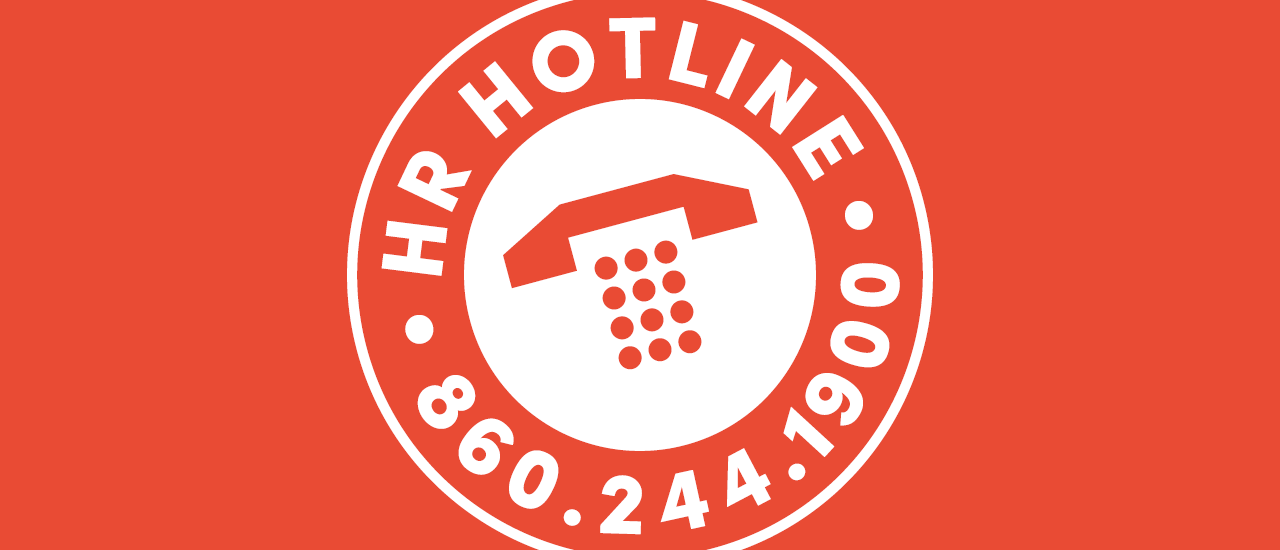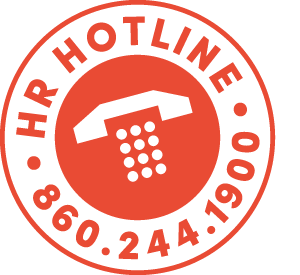HR Hotline: What Is the Minimum Number of Employees for COBRA Eligibility?

Q: How many employees must we have to be eligible for COBRA?
We currently have eight employees and most likely will be reducing our workforce to just those that can work from home.

A: Although the federal COBRA law only applies to companies with 20 or more employees, there is a similar Connecticut insurance continuation law that applies to companies of any size (no minimum, no maximum) that provides group medical benefits to employees.
Both laws, federal and state, recognize the same events that cause a loss of coverage under group plans—layoff/termination, reduction of hours under 30 per week—as triggers to offer continuation coverage for up to 30 months, as per the state law which is more generous than the federal COBRA law.
These requirements apply as long as you have a group plan in place, insuring at least one remaining participant.
Payment requirements for this continuation coverage range from the typical legal standard—the employee pays the full premium plus a 2% administrative fee—to continuing the same contributory calculation applicable to active at work employees, or the employer picking up some other portion of the premium, less than the usual amount, or going in the other direction, the full amount.
Where the employer pays for a portion of the premium even though not required, it can be done with no expectation of reimbursement, or with an understanding that once all this is past and people are back at work, the employee will repay the extra amount paid by the employer through a larger paycheck deduction for some period of time.
The option of an employer paying part of the continuation premium is entirely permissible under tax laws and regulations.
If repayment is expected, we strongly suggest documenting that in writing with the employee’s written agreement to avoid a challenge to the higher paycheck deduction at that future time.
Note that the option of an employer paying part of the continuation premium is entirely permissible under tax laws and regulations, and the extra payments by the employer on the employee’s behalf do not have to be reported as taxable income to the recipient.
HR problems? Email or call Mark Soycher at the HR Hotline (860.244.1900) | @HRHotline
RELATED
EXPLORE BY CATEGORY
Stay Connected with CBIA News Digests
The latest news and information delivered directly to your inbox.


